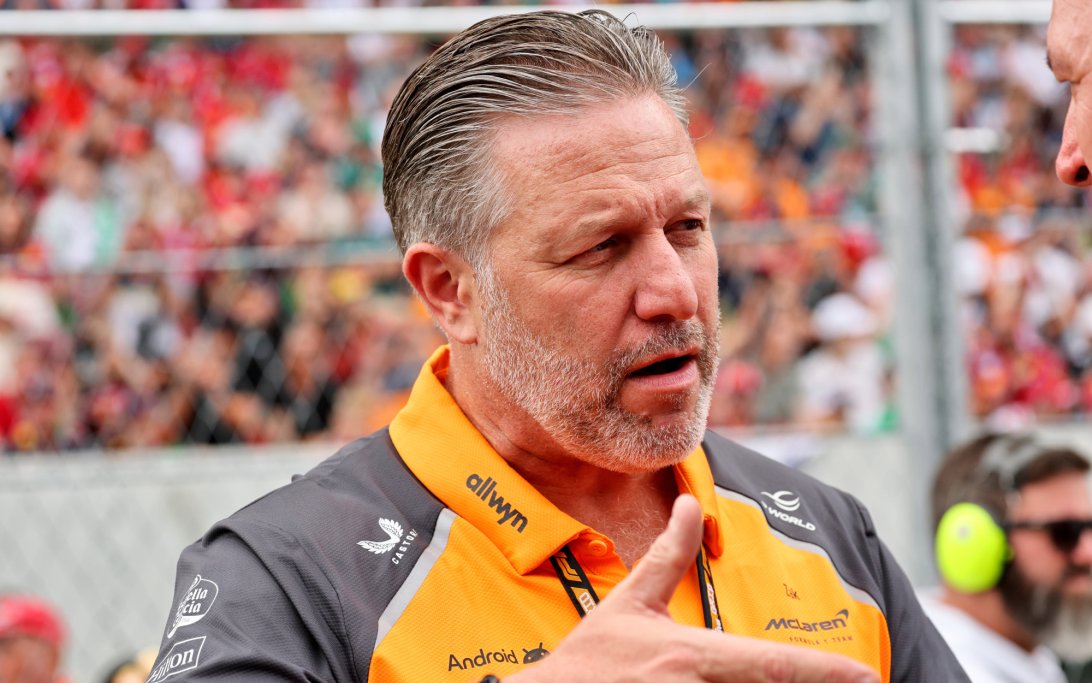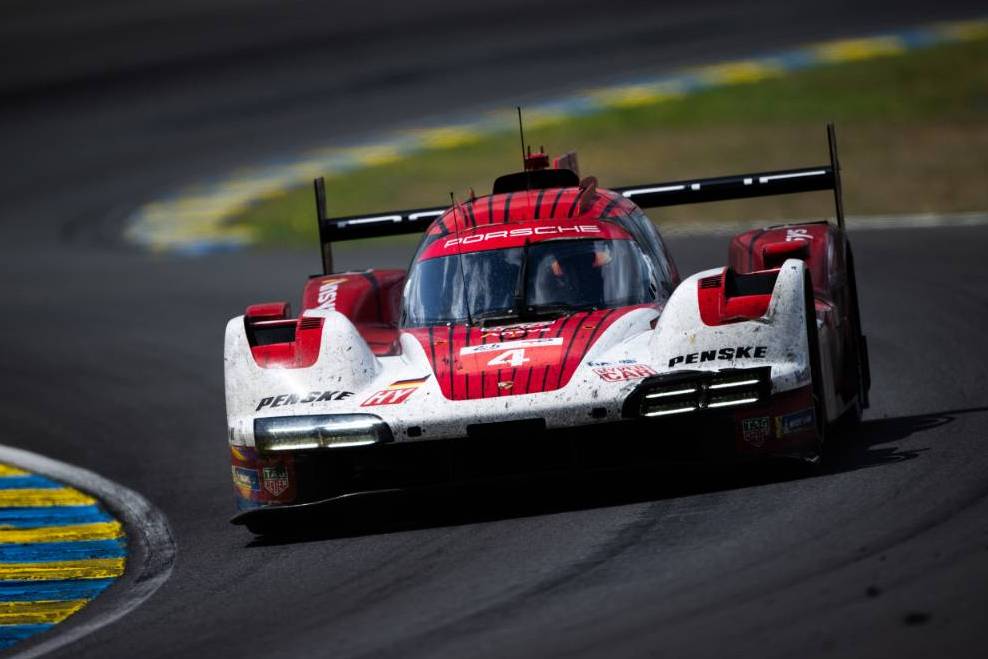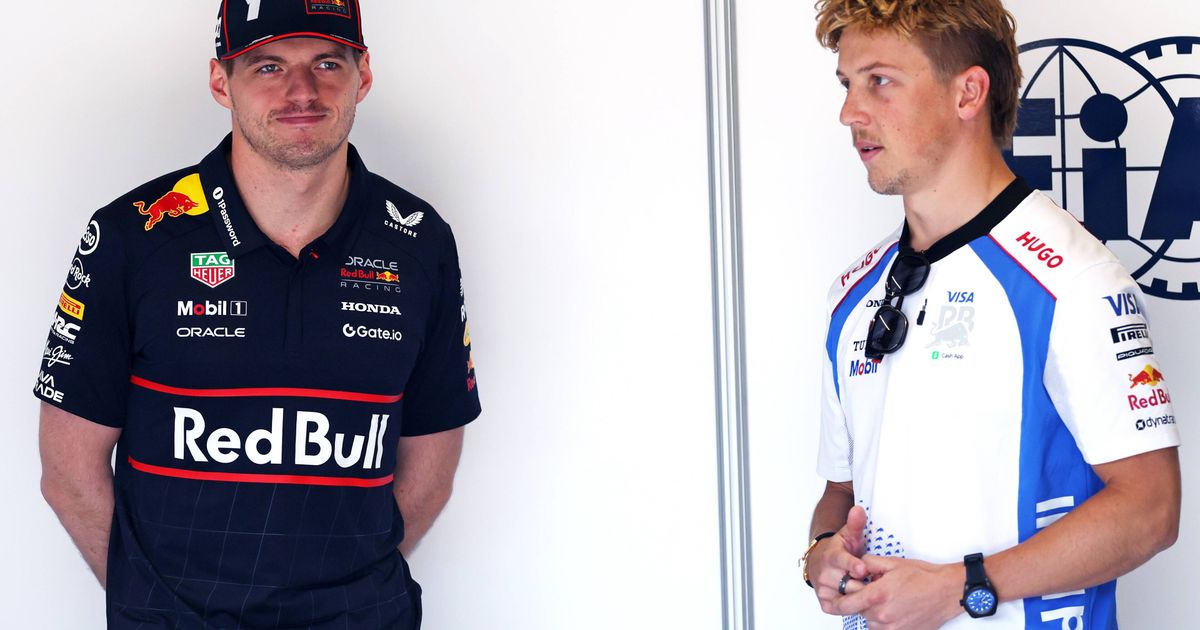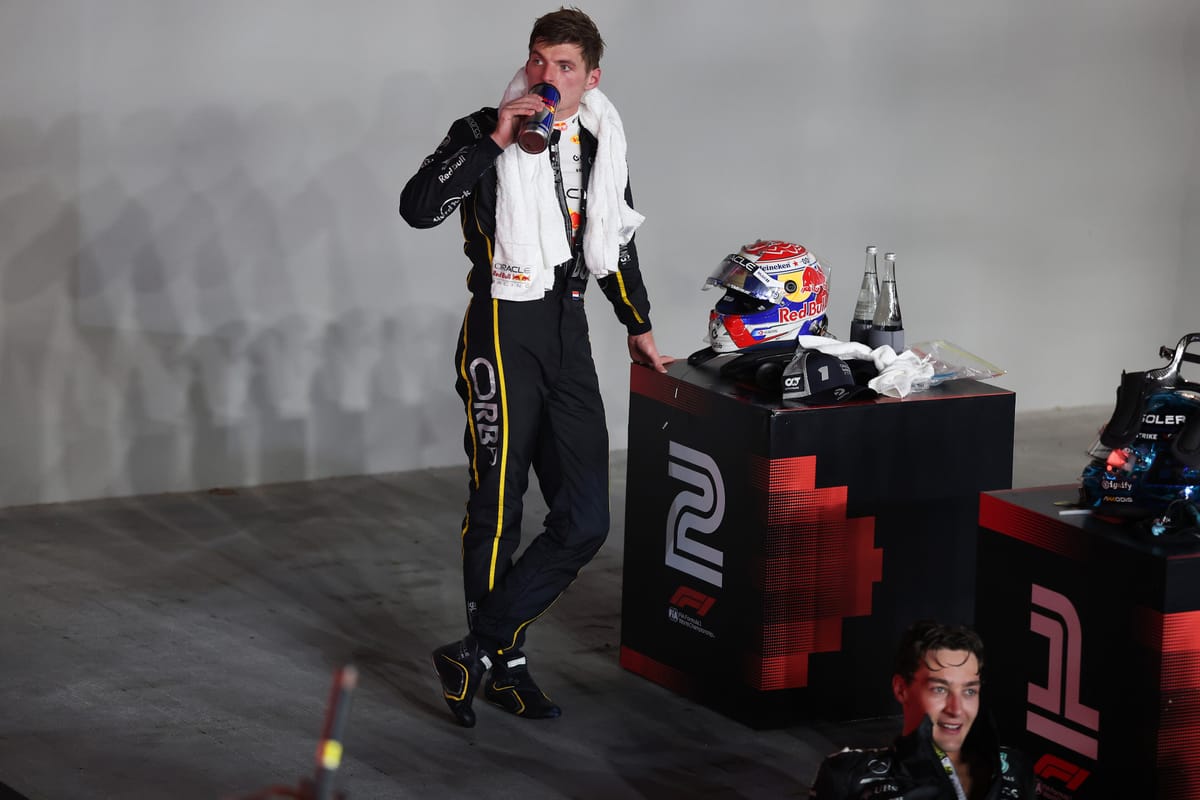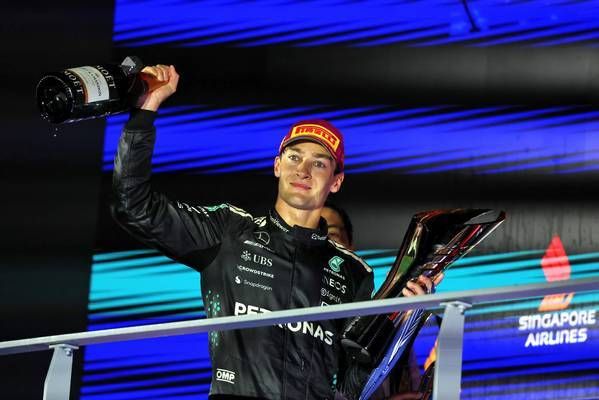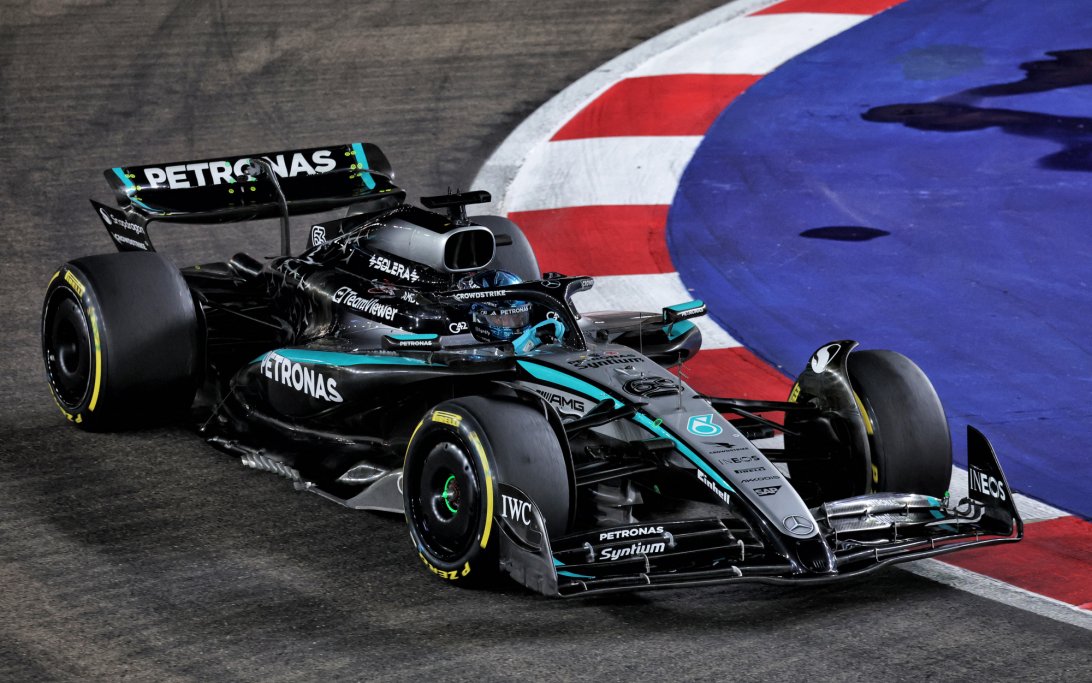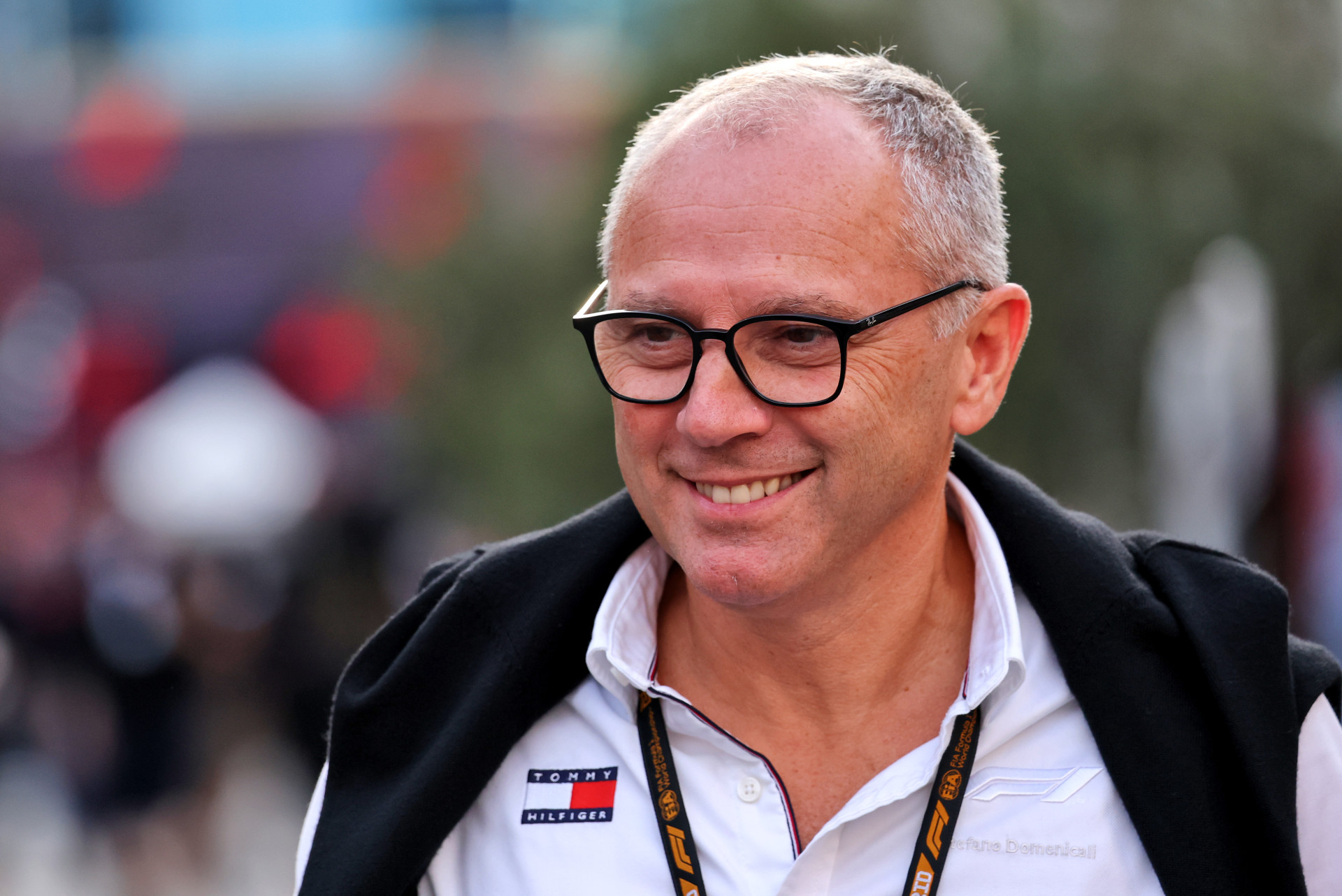
F1 Boss Questions Future of Historic Circuits Amid Modern Demands
F1 CEO Stefano Domenicali has openly addressed the tension between Formula 1's historic circuits and its newer, more entertainment-driven venues. While acknowledging the 'plus-plus' value of heritage tracks, he emphasized that history alone is no longer sufficient to secure a place on the ever-evolving F1 calendar, particularly for a younger audience prioritizing modern amenities and engaging experiences.
Why it matters:
F1 is at a pivotal moment, balancing its rich history with an expanding global appeal driven by new markets and a younger, entertainment-focused fanbase. Domenicali's comments highlight the increasing pressure on traditional circuits to modernize facilities and enhance fan experiences to compete with state-of-the-art venues like Las Vegas, which appeal to a broader audience less concerned with historical significance. The future of iconic races hinges on their ability to adapt to these new demands.
The details:
- Heritage vs. Modernity: Domenicali noted on the Passa dal BSMT podcast that while historic value is a 'plus,' it's 'not enough.' For many young fans, racing in Monte Carlo versus a new circuit in Las Vegas makes 'no difference.'
- Investment and Infrastructure: He stressed that history must be 'supported by a structure that looks to the future,' requiring significant investment in infrastructure to improve services for fans, especially given the high ticket prices. This includes amenities that cater to a diverse audience and financial commitment from host countries.
- Calendar Stability: The F1 calendar will remain at 24 races next year, and Domenicali indicated it's unlikely to grow beyond this number, intensifying competition among potential hosts.
- Entertainment Shift: The CEO reiterated that F1 is now firmly in the 'entertainment dimension,' fueled by phenomena like Netflix's Drive to Survive. This shift attracts new audiences but demands constant attention to evolving entertainment trends.
- Format Changes: Williams Team Principal James Vowles has advocated for a two-day Grand Prix weekend, reducing the number of free practice sessions to streamline events and potentially allow for more venues without overburdening teams. He suggested that six sprint races for the 2026 season is 'about the right number' and that a two-day format could offer a more 'compact, engaging experience.'
The big picture:
F1's expansion into new markets and its growing status as a global entertainment spectacle mean that circuits must offer more than just a challenging track. They need to provide a complete, high-quality experience for attendees, from modern facilities to diverse entertainment options. This broader vision for F1 necessitates a reevaluation of what makes a Grand Prix successful, pushing historic venues to either innovate or risk being left behind.
What's next:
The debate over the F1 calendar and race weekend format will undoubtedly continue as the sport strives to optimize its appeal for both traditional fans and new audiences. Circuits with long-standing contracts will need to demonstrate continuous improvement in fan services and infrastructure. Meanwhile, proposals like a two-day race weekend could gain traction if they promise to enhance the spectacle and provide greater flexibility for the teams and the sport as a whole, ensuring F1 remains a dynamic and engaging global event.
Original Article :https://speedcafe.com/f1-news-2025-future-races-traditional-new-stefano-domenica...



